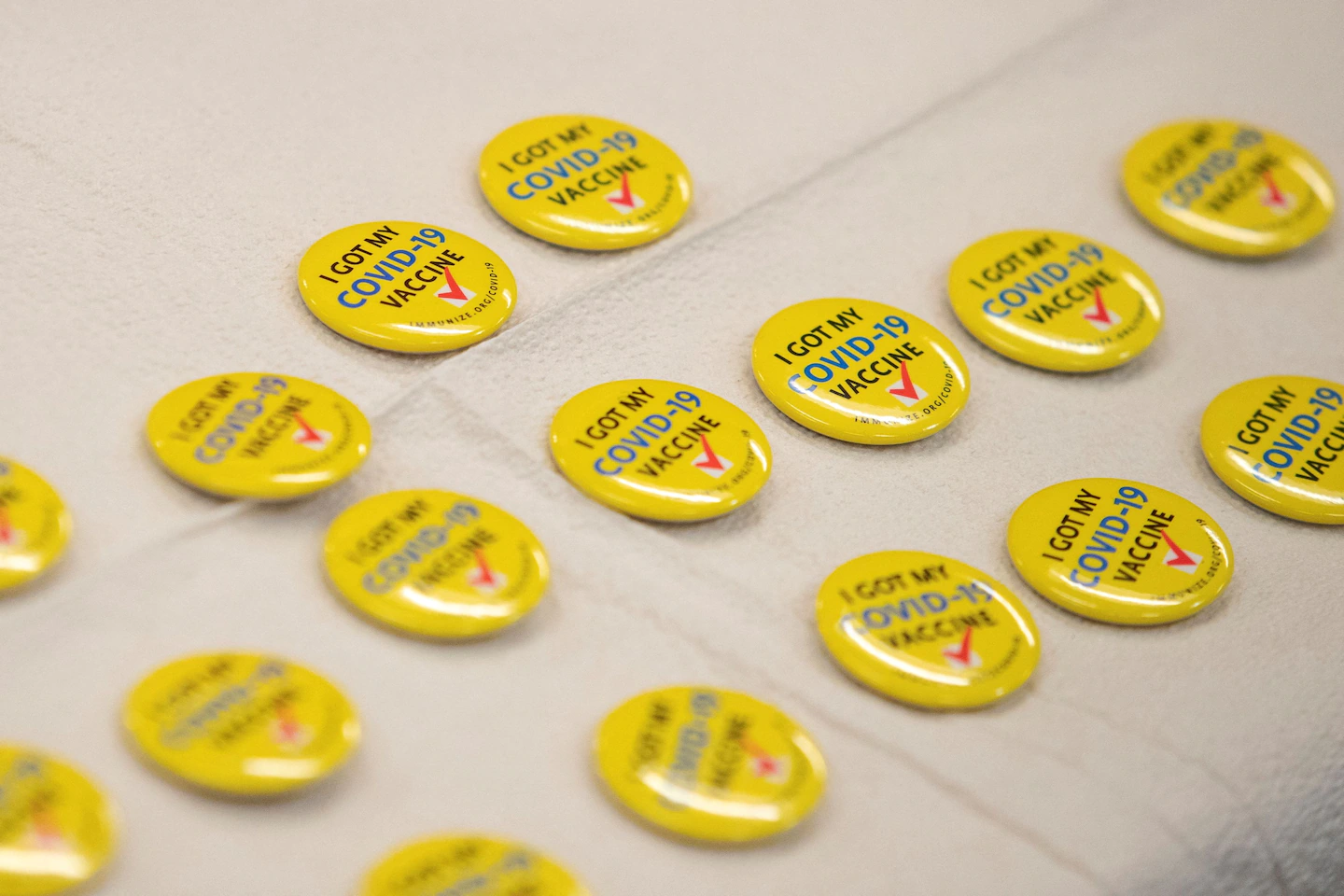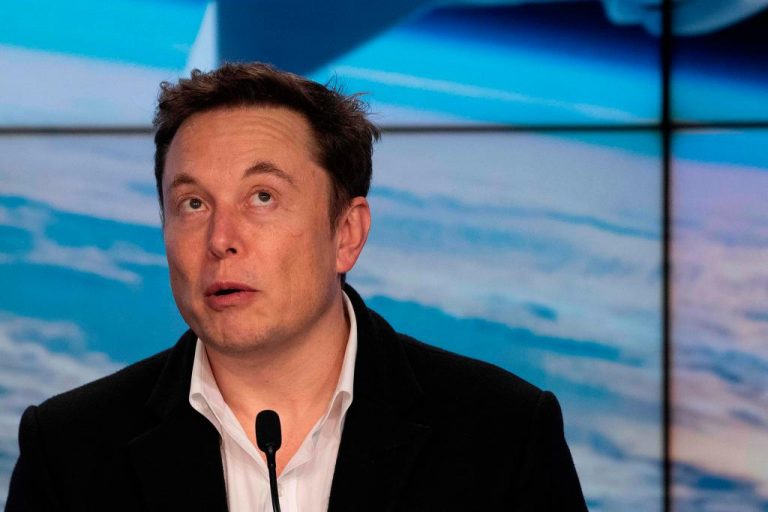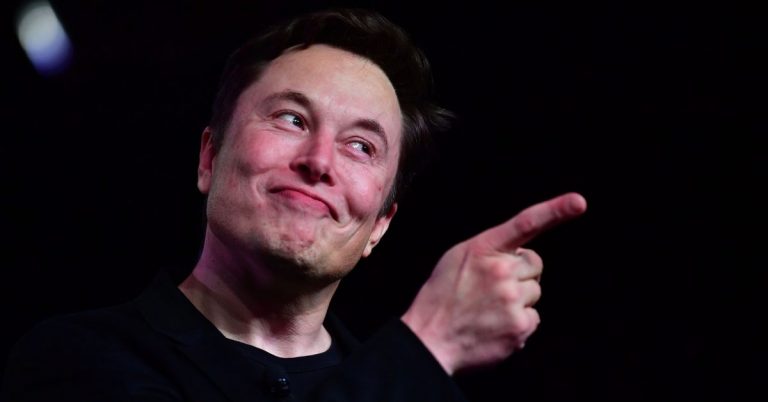Reviews | Moderna’s vaccine is a big relief for parents of young children
As a mother of two children in this age group, I eagerly await the FDA’s decision. If he creates the vaccine and the Centers for Disease Control and Prevention allows it, I will be among the first to vaccinate my young children.
This is because the effectiveness of the vaccine in young children appears to its effectiveness in adults. Moderna conducted its trial with children when omicron was dominant, and we know that coronavirus vaccines in adults are less effective against omicron than previous variants. A recent New England Journal of Medicine study found that if omicron was dominant, efficacy against symptomatic disease after two doses of Pfizer was approximately 65% after two to four weeks, dropping to less than 9% after 25 weeks or more. For adults given two doses of Moderna, effectiveness was 75% after two to four weeks, dropping to around 15% after 25 weeks.
These data require two important explanations: first, the main reason for getting vaccinated is not to prevent infections, but to reduce the likelihood of serious illness. Numerous studies before and during omicron surges have shown that two doses of mRNA vaccines continue to protect against severe disease, even though protection against symptomatic disease has declined sharply. Among children aged 5 to 11 hospitalized with covid-19, nine out of 10 were not vaccinated.
There were not enough children who became seriously ill in the Moderna study to conclude that the vaccine reduced hospitalization in the youngest age group. But given that protection against symptomatic infection is comparable to that of adults, and that small children had a similar antibody response to older people, it is reasonable to extrapolate that the vaccine will likely achieve its most crucial outcome also in the younger age group.
Second, it has become clear that at least a booster dose is needed to maintain protection against symptomatic disease. The same New England Journal of Medicine article found that a third dose of Pfizer or Moderna restored over 66% protection after two to four weeks. The CDC recommends a booster dose for everyone 12 and older, and Pfizer just requested to extend the booster to children ages 5 to 11.
It seems likely that children under 5 will also need a third dose to achieve maximum protection. I had previously argued that the FDA was right to delay approval of Pfizer’s vaccine for children because two doses were not shown to be effective, so regulators needed data on a third dose before approval. Moderna’s vaccine, however, looks different. While Pfizer used a 3 microgram dose for the youngest children (just a tenth of the company’s adult dose), Moderna opted for a 25 microgram dose, a quarter of its adult dose. Two doses of Moderna’s 25-microgram vaccine achieved a similar level of protection in older age groups. A third dose will probably boost this protection, but if the first two doses are already effective, parents should be able to start vaccinating their children while awaiting data on the additional protection of the third.
Admittedly, the case for vaccinating young children is not as clear as for older children and adults. New research estimates that 60% of Americans, including 75% of children, have already contracted covid-19 and therefore have some degree of immunity to future infections. But vaccination boosts this immunity and can provide longer-lasting protection.
Some would also say that small children are unlikely to get seriously ill. But the CDC reports that 572 children and infants 4 and under were hospitalized with covid-19 during the omicron surge. Additionally, children are at risk for rare but serious complications associated with covid-19, such as multisystem inflammatory syndrome. Vaccination limits the chances of this condition in children. In addition, it decreases the incidence of long-haul covid in adults and may well do the same in children.
If a safe vaccine can reduce those risks, then many parents, including me, will eagerly choose that extra protection. Families with young children have waited long enough. The FDA and CDC should review Moderna’s application without delay.
#Reviews #Modernas #vaccine #big #relief #parents #young #children







